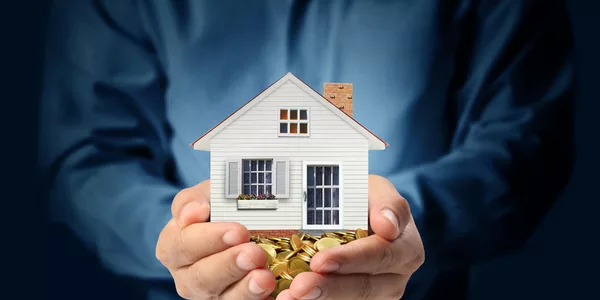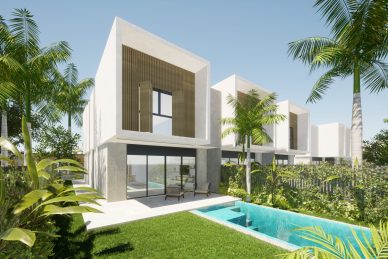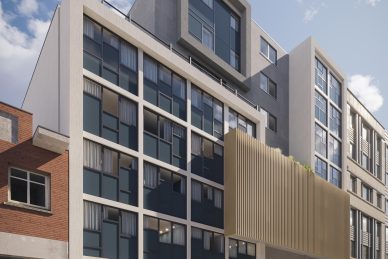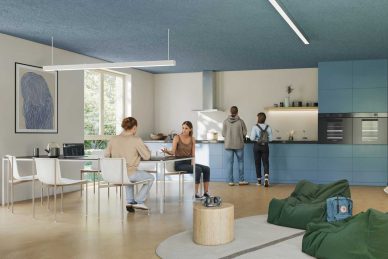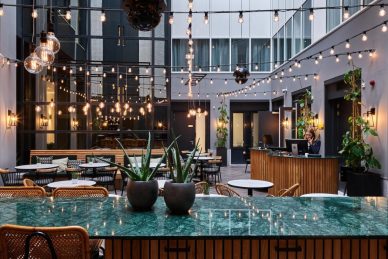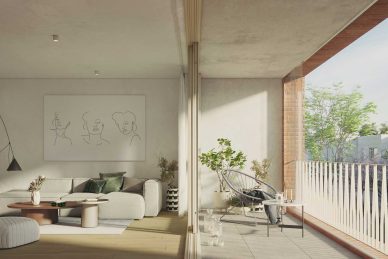Investing in real estate
Do you have savings in your account, but aren't sure what to do with them? Then you might consider investing in real estate. By the way, it has been proven that real estate investment is only one of the few profitable investments. But investing in real estate, how do you get started?
Whether investing in real estate anno 2023 is wise? You can read more about it here.
Table of Contents
1. For what purposes are you making a real estate purchase?
Those who want to invest in real estate have their own reasons for doing so. On the one hand, people choose to buy real estate when they have enough savings and are quietly longing for a place that really belongs to them. Others may have invested in their own home before and see a subsequent real estate purchase as a way to pocket a rental return.
People invest in real estate for various reasons because of the many benefits it can provide. We have listed some of the reasons: Why people choose to invest in real estate
2. Determine your budget and choose the right loan.
Before you can start your search for an investment, you should map out your financial situation. To find out what you can handle financially and how much you can borrow on top of that or what you will have to pay off each month, make an appointment with the bank or an independent loan broker.
Although you are probably already affiliated with a particular bank, it is not unimportant to check out other financial institutions. Not every bank provides loans on the same terms. For example, the interest rate at bank A may be a lot higher than at bank B, one bank may require you to take out all kinds of insurance in addition to your loan, or you can borrow a lot more money at another bank.
Moreover, there are also more ways to borrow than the classic home loan. So consult yourself about the different possibilities and get proper guidance on the most advantageous financial support.
3. From bid to deed
3.1 How do you bid?
Have you found a house or an apartment that you are raving about? And does it fit within your budget? Then you should make an offer as soon as possible. But how does that work?
Making an offer is not difficult, but it is very exciting. Because when you make an offer, be it by phone, mail or verbally, your agreement is in principle binding. To avoid misunderstandings, it is best to put everything in a neatly written document. In addition to the bid, the document should also include your address, the validity period of your bid, your contact information and many other details.
Moreover, you also include your suspensive conditions. A common example of the latter is that the sale cannot go through if you, the buyer, do not get a loan from the bank after all. The condition precedent serves as a kind of insurance that you don't have to put anything down if you don't have it either.
3.2 What is a compromise?
Once your offer has been agreed to, this sale is basically closed and you cannot go back. As proof of the sale, the compromise is drawn up. This lists all the sale details (e.g. solar panels are included, garage box is not part of the sale price...). In this way, discussion can be avoided.
3.4 What is a deed?
The deed belongs to the third and final stage of the sales process. It includes all actions, events, statements and facts. This document is prepared by authorized public owner such as a notary or judge. One this document is signed by the buyers, as well as the sellers, the sale of the house or apartment in question is complete.
4. Taxes on owning an investment property.
Those who think they don't need to make any more financial investments after putting down the budget for the property purchase and finalizing the loan are sadly mistaken.
Anyone who makes a real estate investment must also pay registration taxes. Moreover, as a property owner, you are also taxed. Are you buying new construction? Then you will have to pay VAT on this. And then there are land taxes and any second residence taxes in case you buy a property that will not be your primary residence.
4.1 Property tax
The land tax or property tax is based on the indexed cadastral income of your house or apartment. Its basis is calculated by the Flemish Region, the amount is finalized by the province or municipality in which your property is located.
4.2 Second residence fee
Do you have a tenant for your purchased house or apartment? If so, it is best to have him or her domicile there. The reason for this is that when your tenant is domiciled there, you do not have to pay second residence tax on it.
5. Personal income tax
Any real estate property you own that is not your personal family home must be compulsorily declared on your personal tax return. If you live in it yourself or have a tenant live in it, you will be taxed on the cadastral income, increased by 40%.
If you choose to rent out your investment for professional purposes such as offices or a retail space, you will be taxed on the net property income. These are also better known as the actual rental income. This will also include a lump sum deduction of expenses.
6. Get the right insurances
One last element to put on your checklist when buying real estate is to take out the right insurance.
Basically, insurance for your home is not mandatory. At least, unless you take out a loan from the bank. Of course, they want to be 100% committed to the safety of the home in which they necessarily invest. Therefore, banks always ask you to take out fire insurance (or home insurance), as well as you will have to take out debt balance insurance.
In part, then, these insurances contribute to the final loan you want to take out and the benefits associated with it. Here you can choose whether to take these out with the bank where you applied for your loan, or with an outside insurer.
Real estate - Investment Offer
Our complete investment offering can be found in the following link: investment property
